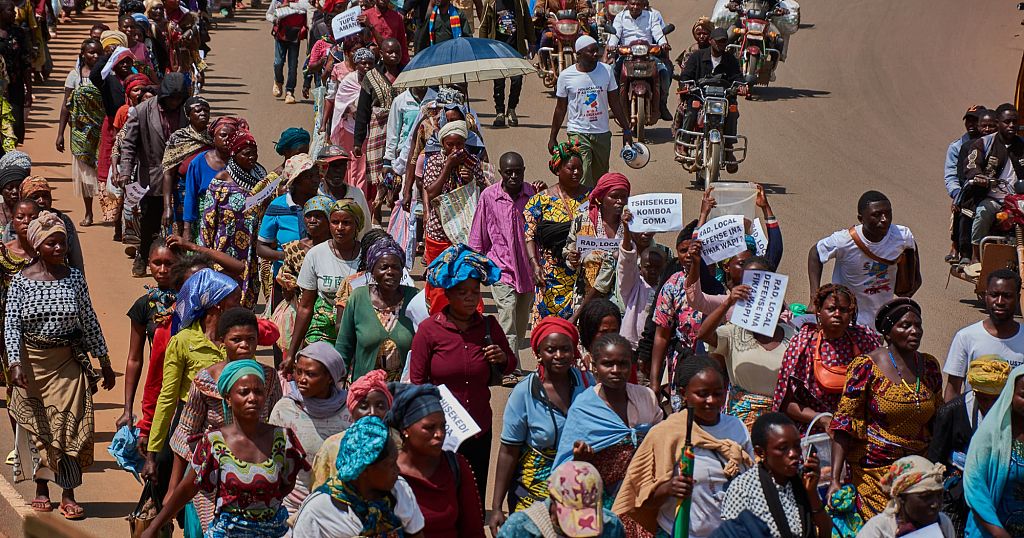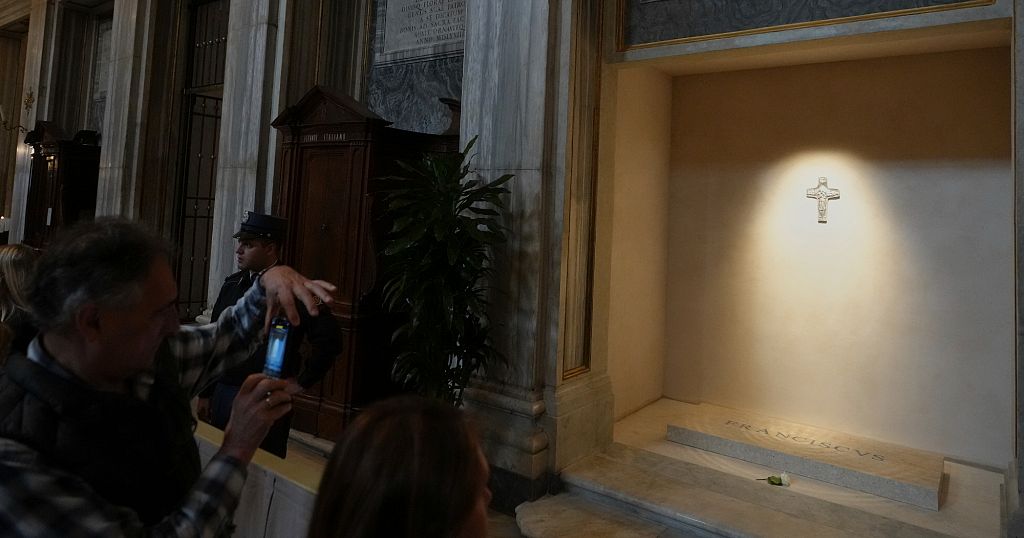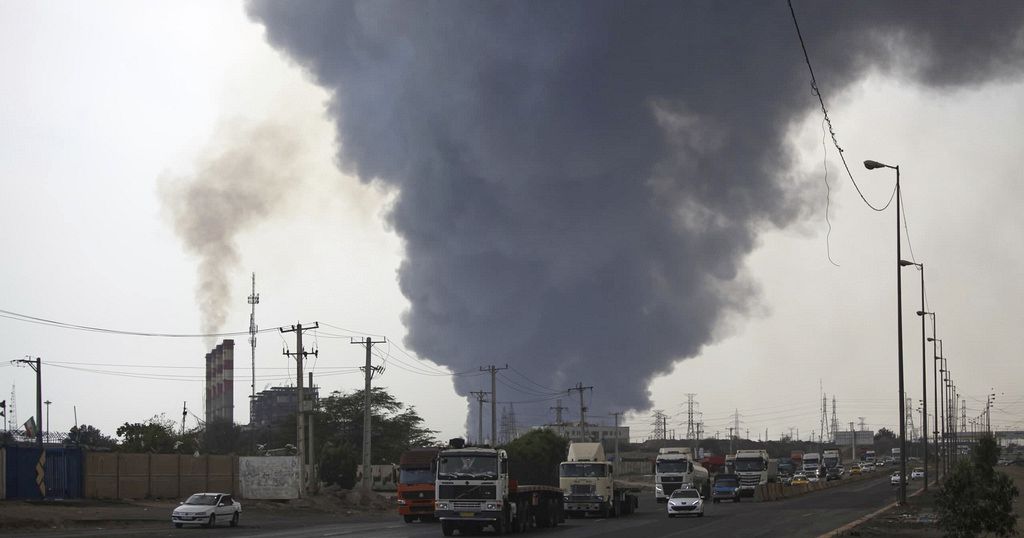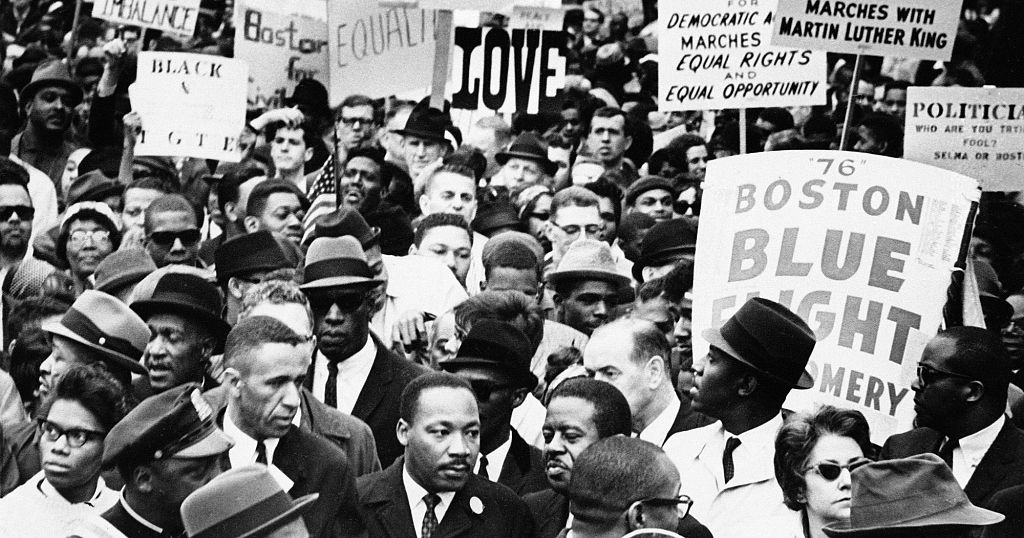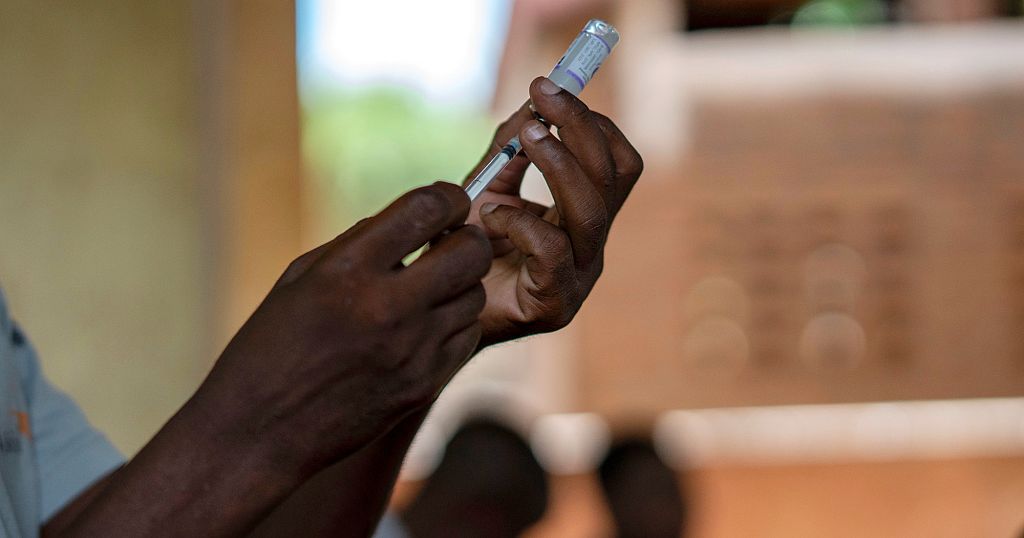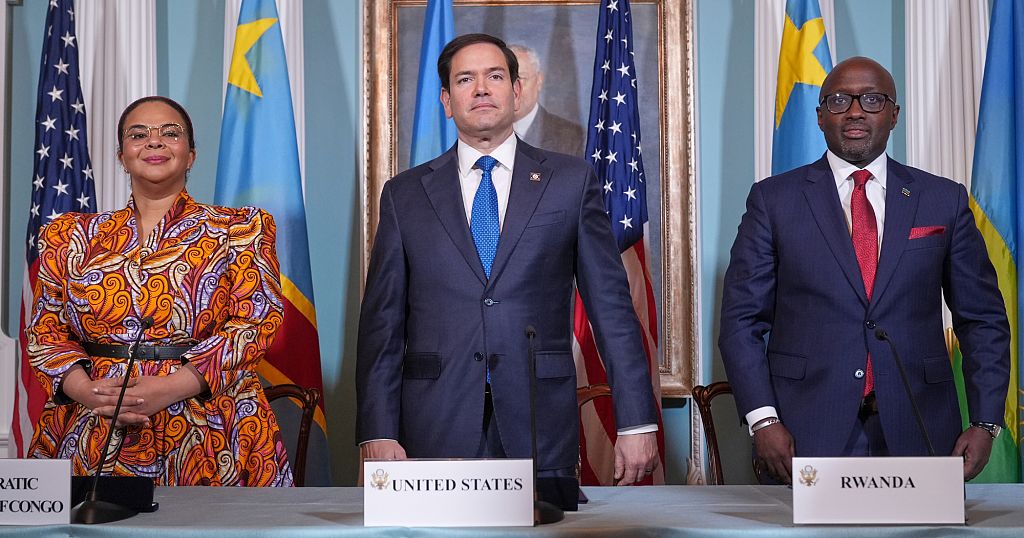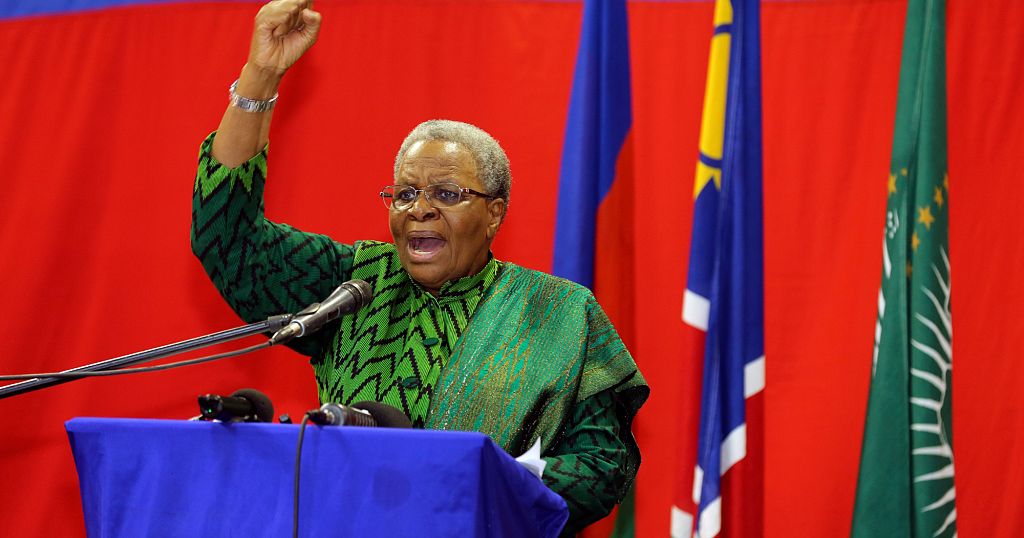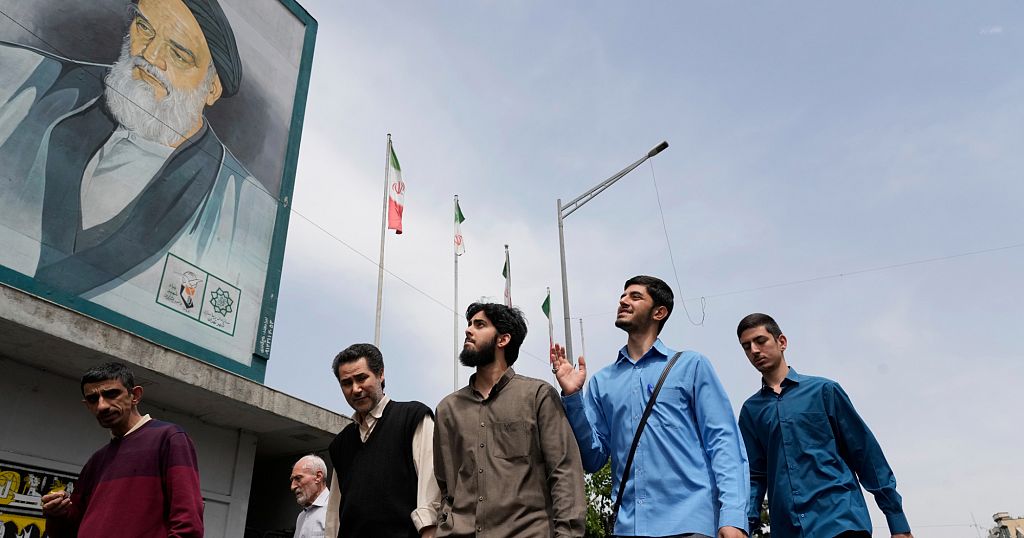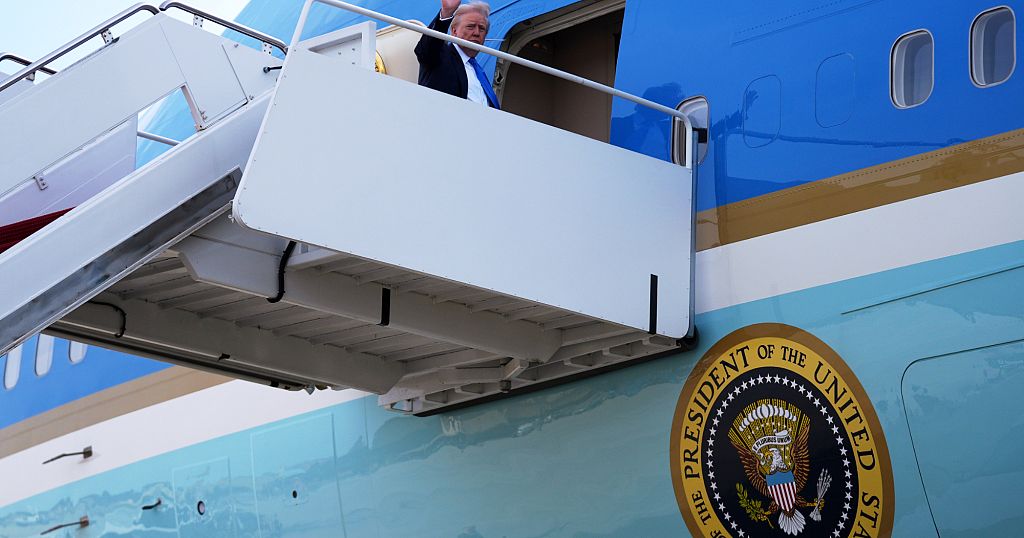Residents in western Benin feel safe despite fears of spillover of terrorists from the Sahel
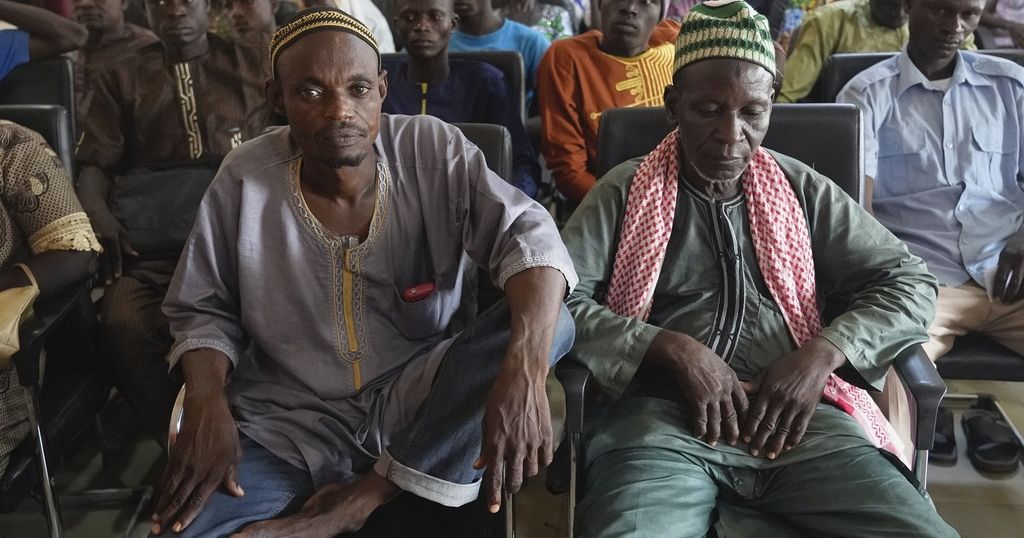
In north western Benin, residents residents of a village located in Natitingou commune are used to hosting tourists. Community leader Alfonse N’tia Kouagou is himself a host. However, fear fuelled by reports of jihadist threat is hurting tourism here, Kouagou says.
“Tourism has slowed down a bit. First, we heard about COVID-19 and now people have been talking about jihadists. I think that’s what has slowed it down, but they (tourists) are still coming in small groups. I hear about jihadists on the radio, but I have never seen any.”
According to data collected by the to data collected by the Armed Conflict Location & Event Data Project (ACLED), attacks by jihadis against civilians in Benin nearly tripled from last year, from more than 30 to approximately 80. With the overall number of incidents involving jihadi groups rising by more than 70%.
The UN development program said in February that lack of jobs was the main driver for violent extremism in sub-Saharan Africa.
Groups linked to al-Qaida and the Islamic State group operating in the vast arid expanse south of the Sahara Desert, the Sahel, have been sowing terror and desolation for years.
Burkina Faso was the 1st country on the continent and the 2nd most affected country in the world according to the Global Terrorism Index (GTI) 2023, a report published by the Institute for Economics and Peace (IEP).
Benin shares a border with Burkina Faso.
The town of Materi is located some 80 km away from the first Burkinabe town.
Its mayor says terrorists groups are not in Materi.
“Security forces are working day and night the and the population is ready to cooperate,” Robert Wimbo Kassa said.
“When people talk about terrorism, people [assume] we must be exposed because of our border with Burkina Faso. No terrorist, no movement, no organization, no group has settled or tried to settle in our commune.”
Supporting development
The UN development program said in February that lack of jobs was the main driver for violent extremism in sub-Saharan Africa.
Voices in the nation of 13 million people are calling for authorities to strengthen security and social action.
” […] In addition to the security response there’s a need for a social, economic and development response,” peace and security analyst Nadia Nata says.
“And for that as well there’s an important need to build trust and work closely with the communities to ensure the jihadists don’t progress in terms of penetrating the country.”
Benin has invested billions of dollars in propping up culture and tourism and is building a $1.5 billion industrial zone 45 kilometers outside of capital Cotonou aimed at creating 300,000 jobs by 2030.
Last year, the World Bank invested $450 million in a five-year project aimed at reaching some 4,600 border communities in northern Benin, Ivory Coast, Ghana and Togo. It will be focused on preventing the spread of conflict by strengthening local institutions and economic opportunities. But residents say development projects take too much time to materialize.
In August, over 12,000 people were displaced from their homes in the western departments of Atacora and Alibori, up from about 5,000 in March, according to the UN. Insecurity was pointed out.
The government has reinforced the military along the borders and recruited thousands of soldiers.
Source: Africanews



